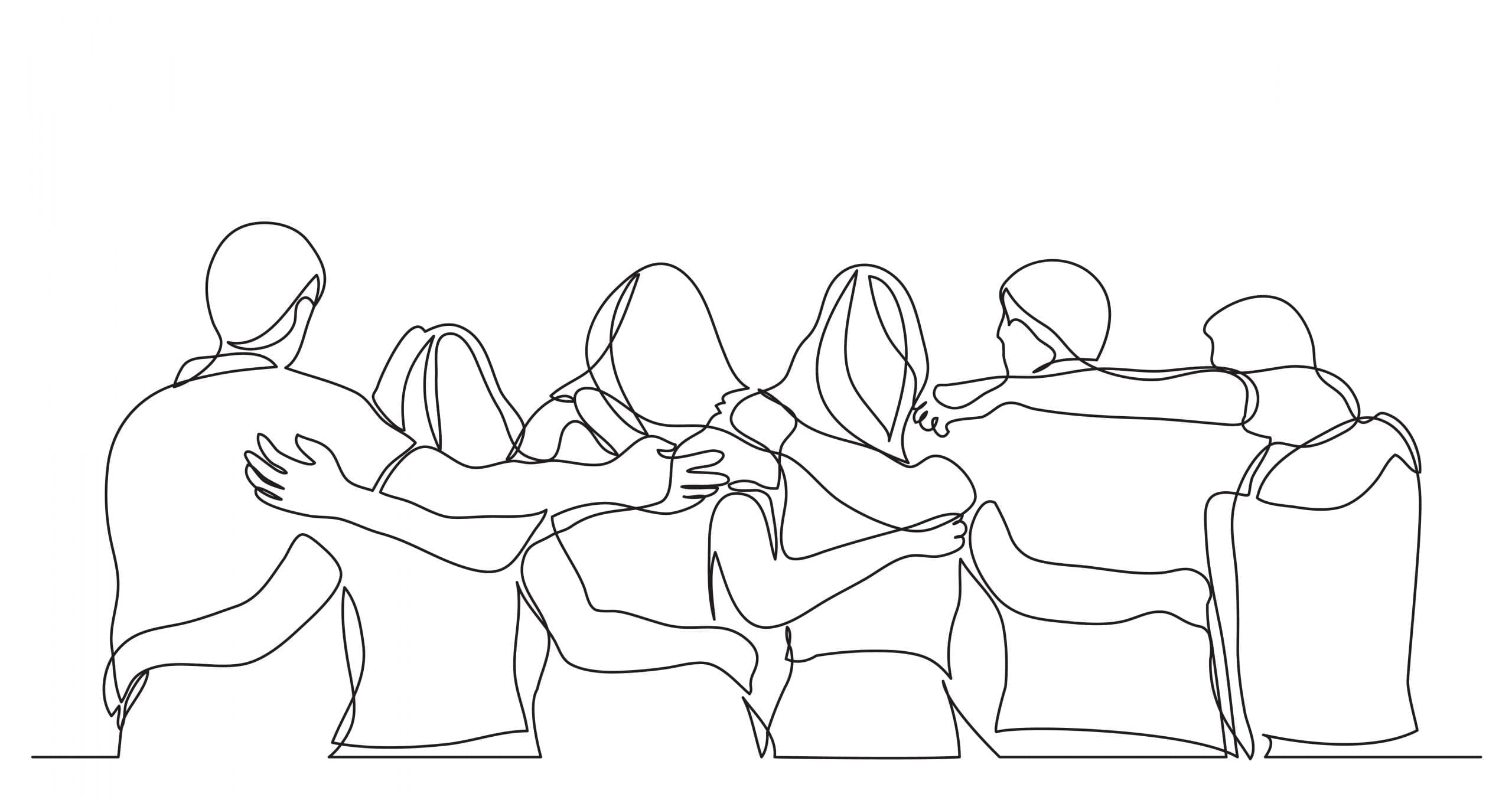Taking care of nurses’ mental health during the COVID-19 pandemic
 The COVID-19 pandemic is pushing nurses to their limits. The American Nurses Association (ANA) spoke with Tari Dilks, DNP, APRN, PMHNP-BC, FAANP, president of the American Psychiatric Nurses Association (an ANA premier organizational affiliate), about the mental health challenges nurses are facing, the role of nurse leaders, and resources for coping during the crisis.
The COVID-19 pandemic is pushing nurses to their limits. The American Nurses Association (ANA) spoke with Tari Dilks, DNP, APRN, PMHNP-BC, FAANP, president of the American Psychiatric Nurses Association (an ANA premier organizational affiliate), about the mental health challenges nurses are facing, the role of nurse leaders, and resources for coping during the crisis.
How can leaders support nurses’ mental health during the pandemic?
Begin by taking care of your own mental health. Not only will you be a role model, but self-care will help you to be more calm and in control to provide leadership and support for your team.
To support nurses, encourage your staff to talk about their feelings rather than hold in their stress and anxiety. Interventions may be needed. Simply stopping to ask nurses how they’re feeling can help someone who’s struggling. You don’t have to solve problems—just be there to listen.
Also, you can make sure nurses have time and a location to decompress. Meditation or spiritual practices are beneficial. Even 15 minutes can help. And let nurses know they’re appreciated for who they are and what they’re doing.
How can nurses cope with being pulled in all directions and worrying about health risks to themselves?
Recognize that what you’re feeling is normal. Figure out what you can control, and focus on those things. Nurses are not good at self-care. But we need to realize that if we don’t stay somewhat healthy, we can’t be there for others—our patients, families, and community. In addition to eating healthy and staying hydrated, find time to exercise. If not daily, maybe three times a week. It will increase endorphins and help alleviate stress.
When nurses begin to feel symptoms of burnout, that’s the signal to make a change. Consider taking a break from the media, spending time with family, and engaging in an activity that provides enjoyment whenever possible.
What can be done to help nurses manage grief and loss during a pandemic?
Coronavirus has made caring for those who are dying so difficult. Patients are physically separated from their loved ones. To help with your own grief, try to find a way to honor the person who died. Don’t ignore the feelings of grief. Journaling can be helpful, and expressing your feelings to others is always a good idea.
What can we expect in terms of long-term mental health needs for nurses?
In studies of healthcare providers during the severe acute respiratory syndrome (SARS) outbreak, 10% had post-traumatic stress disorder. Three years later, 40% of those still had symptoms. We have to do what we can to protect nurses who are affected. I think we will see significant changes in healthcare geared toward mental health.
Nurses are resilient, and focusing on the positive things that come out of this crisis helps—whether it’s spending time with our families, saving a life, or sharing experiences with our colleagues and friends. We must find the time to stop, slow down, and celebrate the joys in our lives.
- American Psychiatric Nurses Association: Managing stress & self-care during COVID-19: Information for nurses
- National Alliance on Mental Illness: Connection Recovery Groups
- U.S. Department of Veterans Affairs: Veterans PTSD Coach free app
- Crisis lines:
- 911
- National Suicide Prevention Lifeline: 800-273-8255
- Substance Abuse and Mental Health Services Administration (SAMHSA) Disaster Distress helpline: 1-800-985-5990, or text TalkWithUs to 66746
Interview by Elizabeth Moore, MFA, a writer at ANA.


















